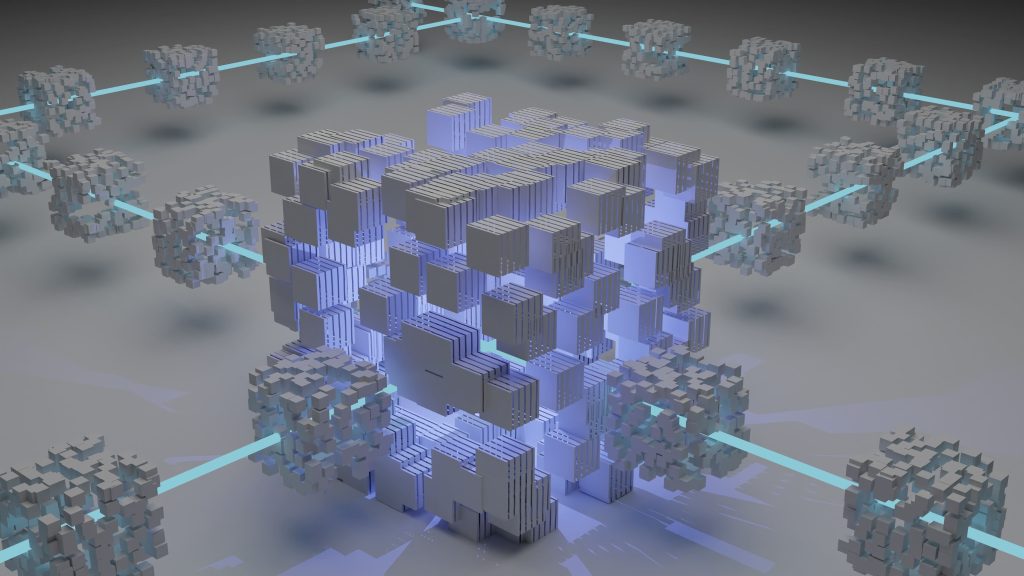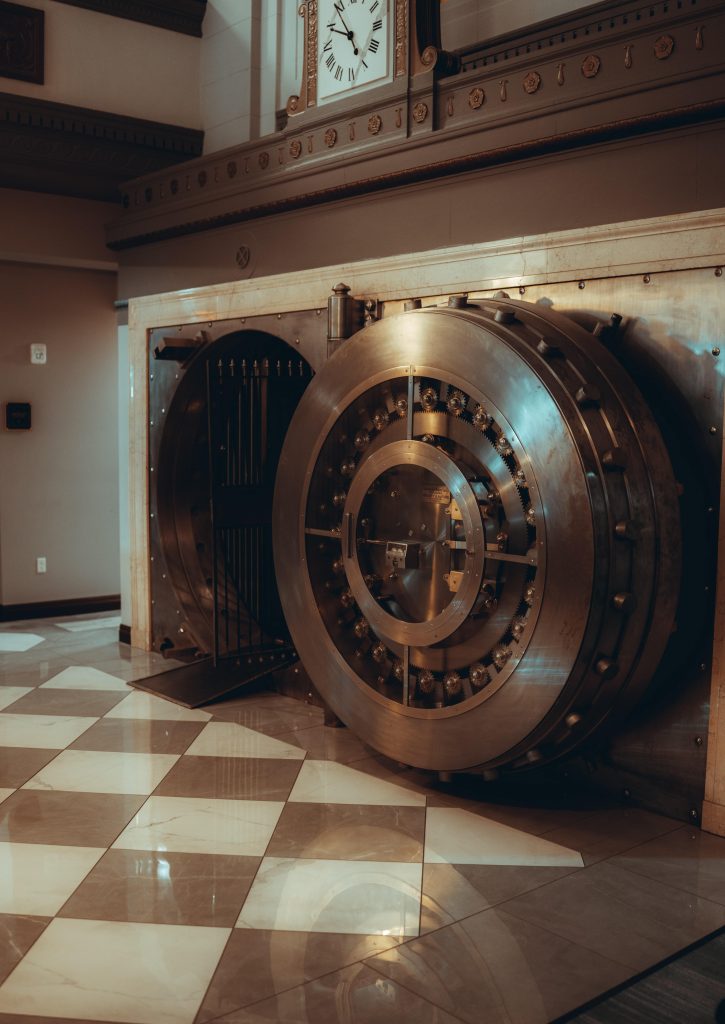
Definition of Blockchain
Blockchain is a distributed ledger technology that enables secure, transparent, and tamper-proof transactions. It uses cryptography and consensus algorithms to ensure that the data stored on the blockchain is secure and unalterable.
Confidential Information and its Importance
Confidential information is any data that is sensitive, private, or otherwise not intended for public viewing. This information can include personal data, financial information, business secrets, and other sensitive information. It is important to store confidential information securely to protect the privacy of individuals and businesses and to prevent unauthorized access to sensitive data.
Traditional Methods of Storing Confidential Information
Centralized Data Storage
Traditionally, confidential information has been stored in centralized data storage systems, such as databases and data centers. These systems are managed by a single entity, and access to the information is controlled by a limited number of individuals.
Limitations and Risks
However, centralized data storage systems have several limitations and risks. They are vulnerable to cyberattacks, data breaches, and insider threats, and are prone to errors and malfunctions. This can result in the loss or theft of sensitive information, which can have serious consequences for individuals and businesses.
How Blockchain Can Store Confidential Information
Hashing and Encryption
Blockchain can be used to store confidential information by using a combination of hashing and encryption. Hashing is the process of converting data into a unique, fixed-length digital fingerprint, which is then stored on the blockchain. Encryption is the process of converting data into a code, which can only be deciphered with the correct key.
Private and Public Key Cryptography
Blockchain uses private and public key cryptography to secure confidential information. A private key is a secret code that is used to encrypt and decrypt information, while a public key is used to verify the authenticity of the encrypted data. The private key is kept confidential, while the public key is publicly available on the blockchain.
Decentralized Data Storage
Blockchain also provides a decentralized data storage system, which eliminates the need for a centralized authority to control access to the information. Instead, the data is stored on a network of computers, which are managed by a decentralized community of users. This eliminates the risk of a single point of failure and makes it much more difficult for unauthorized individuals to access the information.
Advantages of Using Blockchain for Confidential Information
Increased Security
The use of blockchain for storing confidential information provides increased security, as it eliminates the risk of cyberattacks, data breaches and insider threats. The decentralized nature of blockchain and the use of cryptographic techniques make it almost impossible for hackers to access or alter sensitive information stored on the blockchain. The data is protected by multiple layers of security, including encryption, private and public key cryptography, and consensus algorithms. This enhances the overall security of confidential information and helps to ensure that it remains protected and private.
Transparency and Traceability
By using a decentralized data storage system and private and public key cryptography, blockchain provides a transparent and traceable record of all transactions. This makes it easier to track and manage sensitive information, and provides an auditable trail for regulatory and compliance purposes.
Immutable Data
Once data is added to the blockchain, it is tamper-proof and cannot be altered or deleted. This ensures the integrity of the information and prevents unauthorized changes.
Decentralized Data Management
Blockchain enables decentralized data management, which reduces the risk of insider threats and allows for greater collaboration and information sharing between parties. This helps to build trust and improve efficiency in managing confidential information.
Applications of Blockchain for Confidential Information
Healthcare
In the healthcare industry, blockchain can be used to securely store and manage patient health records, medical records, and other sensitive information. This can improve patient privacy, increase data security, and provide a more transparent and efficient system for managing medical information.
Finance and Banking
In the finance and banking sector, blockchain can be used to securely store and manage financial transactions, credit information, and other sensitive financial information. This can improve financial security, reduce fraud, and improve transparency in the financial system.

Government and Public Services
In government and public services, blockchain can be used to securely store and manage sensitive information, such as voter information, tax records, and other confidential data. This can improve data security, reduce the risk of data breaches, and improve the efficiency of government services.
Supply Chain Management
In supply chain management, blockchain can be used to securely store and manage information related to product sourcing, production, and delivery. This can improve supply chain transparency, increase data security, and reduce the risk of counterfeiting and fraud.
Challenges and Considerations
Scalability
One of the major challenges of using blockchain for storing confidential information is scalability. As more data is added to the blockchain, it becomes more difficult to manage and process the information. This can limit the ability of the blockchain to handle large amounts of data, which can be a barrier to adoption.
Integration with Existing Systems
Another challenge is integrating blockchain with existing data management systems. This can require significant time and resources, and may also require changes to existing processes and systems.
Regulation and Compliance
Another consideration is the regulation and compliance requirements for storing confidential information on a public ledger. Different countries have different laws and regulations regarding the storage and management of sensitive information, and it is important to ensure that the use of blockchain is compliant with these requirements.
Adoption and Awareness
Finally, the adoption and awareness of blockchain technology among organizations and individuals is also a challenge. Many people are still not familiar with the technology, and may be resistant to change. It is important to educate people about the benefits of using blockchain for storing confidential information, and to help them understand how the technology works.
Conclusion
In conclusion, blockchain has the potential to revolutionize the way confidential information is stored and managed. By using a combination of hashing, encryption, and decentralized data storage, blockchain provides a secure, transparent, and tamper-proof system for managing sensitive information. While there are challenges and considerations to overcome, the advantages of using blockchain for confidential information make it a promising technology for the future.
